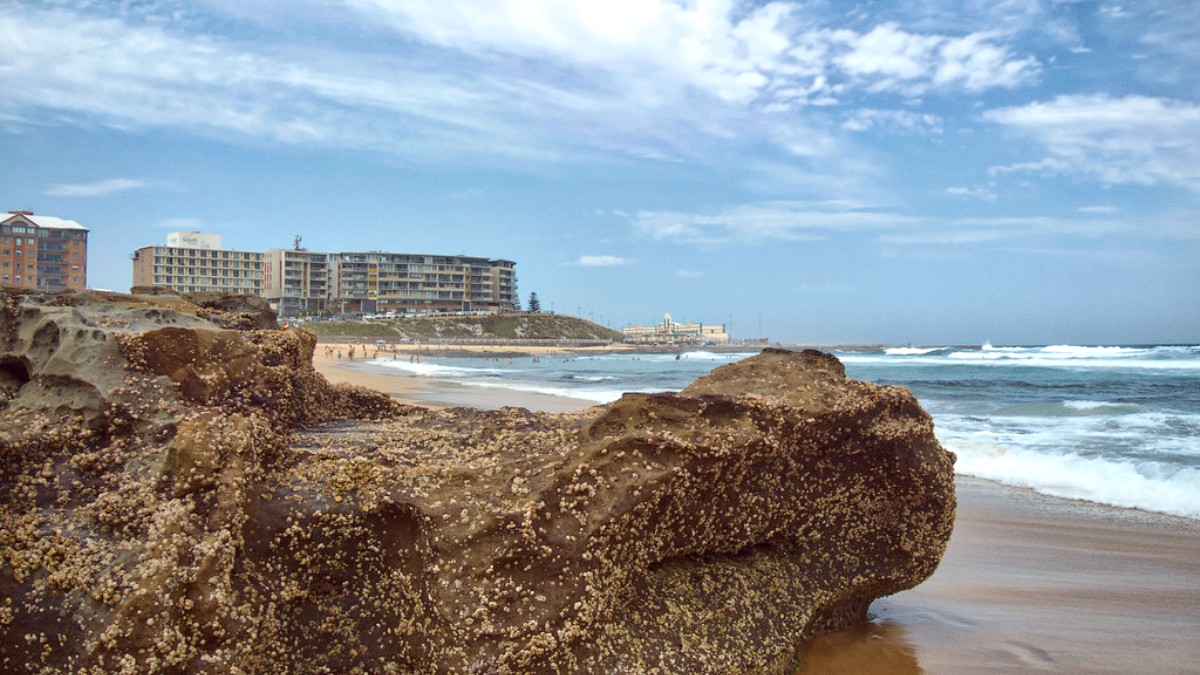
New South Wales, Australia
Newcastle includes Glenrock State Conservation Area, Blackbutt Reserve, and the Hunter Wetlands Centre. These preserve native flora and fauna.
Australia has developed recycling systems. Look for yellow-lidded bins for mixed recycling. General waste uses red or green-lidded bins.
Australia is a dry continent; water conservation is a national priority. Be mindful of your water usage in accommodation.
Your choices contribute to protecting Newcastle's environment.
When visiting protected natural areas, staying on marked trails prevents erosion and protects delicate ecosystems. Do not disturb wildlife or remove natural materials.
Minimizing single-use plastics throughout your trip is a good practice. Tap water is safe to drink.
Consider offsetting the carbon emissions from your flights through reputable carbon offset programs. This lessens the environmental influence of your travel.
Look for accommodations with environmental certifications or those visibly promoting sustainable practices.
Visit centers engaged in environmental education or research for wildlife.
Support rainforest conservationChoose tour operators that stress responsible wildlife viewing and minimize environmental impact.
Ethical tours with G AdventuresSupport businesses that actively champion sustainability. This communicates that eco-friendly practices are valued by travelers.
Interacting respectfully with Newcastle's local culture and heritage deepens your experience and contributes positively to the community.
Newcastle has a rich Aboriginal heritage, being the traditional lands of the Awabakal and Worimi peoples. Their heritage is a significant part of the region's identity.
Being courteous and respectful in all interactions with locals, service staff, and fellow travelers is a valued practice. A friendly demeanor and genuine interest in local life are always appreciated.
While Newcastle's tourism is not heavily focused on religious sites, if you visit churches or other places of worship (like Christ Church Cathedral), modest dress and a quiet demeanor are customary.
Shoulders and knees should be covered.
Keep noise levels low, especially during services.
Be aware of ongoing services and adjust your visit accordingly.
Your choices as a traveler directly influence Newcastle's economy.
Find and support tourism initiatives where local residents directly benefit from your visit.
Markets like The Olive Tree Market offer opportunities to buy directly from local artists and creators.
Do not purchase items made from endangered species or products that exploit labor.
If you wish to donate to local causes, select reputable local charities or community organizations.
It is generally better to donate to established organizations rather than giving money to beggars directly.
This ensures your contribution reaches those in need effectively and sustainably.